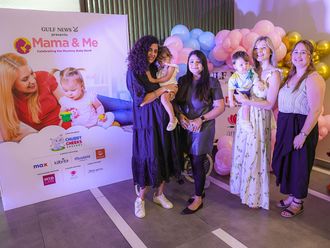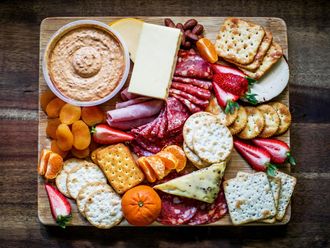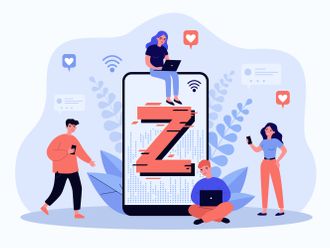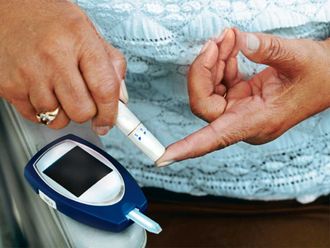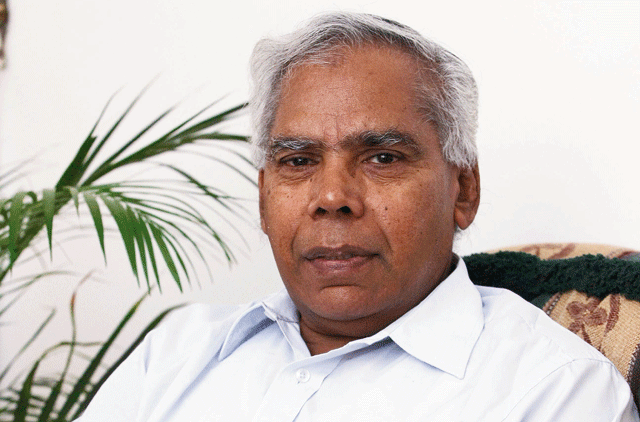
Although there have been several reports from different parts of the world about people who have claimed to have seen unidentified flying objects - more commonly known as UFOs - I don't believe there are [extraterrestrial beings]. So far, there is no solid evidence to prove their existence.
But that said, there could be [some form of] life on other planets! After all, there are millions of galaxies apart from our own in the solar system and there could be planets which resemble Earth! However, a signal from another galaxy could take hundreds or thousands of years to reach Earth. There are many scientists who are busy attempting to develop sophisticated observational tools to decode signals that may reach our Earth one day.
Space technology supports our daily life.
It touches virtually every aspect of our life. Each country has it own concerns. The unfortunate thing about space technology is that it is sometimes abused by certain countries. Space technology has made possible the exploration of the Earth's resources. For instance, petroleum spotting and drilling is now easier thanks to space technology which helps GPS satellites to perform better than before.
The technology and expertise [in the field of space] should never be used for warfare or to achieve supremacy. The focus of space exploration should be to unearth the mysteries of the cosmos. One of my greatest fears is that our skies might one day turn into a battlefield.
I am always awestruck by the pace with which digital technology transforms our lives.
I believe two ideas have revolutionised our thinking and they are Newton's Law of Universal Gravitation and Maxwell's theories of electromagnetism. Michael Faraday's contribution to the fields of electromagnetism and electrochemistry have also had a huge impact on mankind. I have always been interested in knowing more about solar activity and the influence of the sun on the Earth's atmosphere.
It was this interest that motivated me to do my research in ionospheric physics. After completing my doctoral studies from the Physical Research Laboratory (PRL) in Ahmedabad, India, I went to Canada on a Post Doctoral Fellowship at the University of Western Ontario.
There, I undertook some studies of the Earth's polar/high latitude ionosphere. I was keen to study space weather disturbances which constitute an important objective in space science.
Though some of my Brazilian colleagues [in Canada] were instrumental in my joining Brazil's National Institute for Space Research, it is my passion for space science that drew me to South America.
While in Ahmedabad, my early experiments and contributions included a project to construct highly sensitive instruments to detect cosmic radio waves for ionospheric investigation. I undertook the responsibility of developing a scientific payload to be carried in rockets to study the ionosphere.
During this time, I had the opportunity to interact with Dr APJ Abdul Kalam, former Indian President, who was then working as a technologist at TERLS (Thumba Equatorial Rocket Launching Station) in Thiruvananthapuram, Kerala, India. It was also during this period that I was associated with two former Indian Space Research Organisation (ISRO) chairmen, Dr U R Rao and Dr K Kasturirangan, the latter being my associate as a student at the Ahmedabad Research Lab.
I was responsible for a series of sounding rocket experiments in Brazil.
I was also a part of the team that designed and implemented an ionospheric research station in Sao Luis city, established a VHF (very high frequency) radar facility in Brazil and worked on several satellite experiments.
I chose Brazil over India because of my interest in space science.
Though India and Brazil were at that time almost on the same level regarding development in space science, I chose the latter because of its larger geographic extension.
I have been fortunate to receive quite a few awards.
I felt honoured to receive the Vikram Sarabhai Award in 2008 instituted by the Indian Space Research Organisation (ISRO) and COSPAR (Committee on Space Research). It was an indication that my work had been recognised. This medal is conferred on a selected scientist during the COSPAR's scientific assembly, which is held once every two years.
The feeling that I should give something back to society grew stronger after I received these accolades - I wanted my research to benefit humanity in as many ways as possible.
The fact that this award honours Dr Vikram Sarabhai, whom I knew personally while working at the Physical Research Laboratory (PRL) in Ahmedabad, was another boost to my morale.
I have a good relationship with Brazil.
This Latin American country is very pleasant to live in. It has an abundance of natural resources but is sparsely populated. Like most of the Brazilians, I speak Portuguese. Brazil is home to the world's largest reserves of renewable fresh water. It is an incredible place with many rivers. Brazilians are very friendly people. Another interesting thing is that most of the vehicles and some industries run on ethanol, Brazil being the world's second largest producer and exporter of this fuel.
I owe who I am today to my father's influence.
My father, Kochannur Ali Moulavi, insisted that I get a good education. He also encouraged me to pursue my favourite subject - physics. I am also greatly indebted to my older brother Kunhammed for supporting me during my studies.
Although I was born and raised in South India, I have been living in Brazil since 1971. I now consider myself Brazilian and I enjoy my life and work there. I am currently busy attending as well as organising conferences, symposiums and meetings on space science. I also manage to find the time to read and write scientific articles, and scrutinise articles from young researchers.
My wife, Achumma, retains her Indian nationality. We have three daughters: our eldest has a doctorate in computer science and is teaching at a university in Detroit, the second is a chemical engineer in Dallas and our youngest daughter is working as a dentist in Toronto.
The message that I would like to give all young aspiring space scientists is: ‘Shoot for the moon - even if you miss, you will land among the stars.' These are the words of motivational speaker Les Brown and I often quote this during my speeches.


